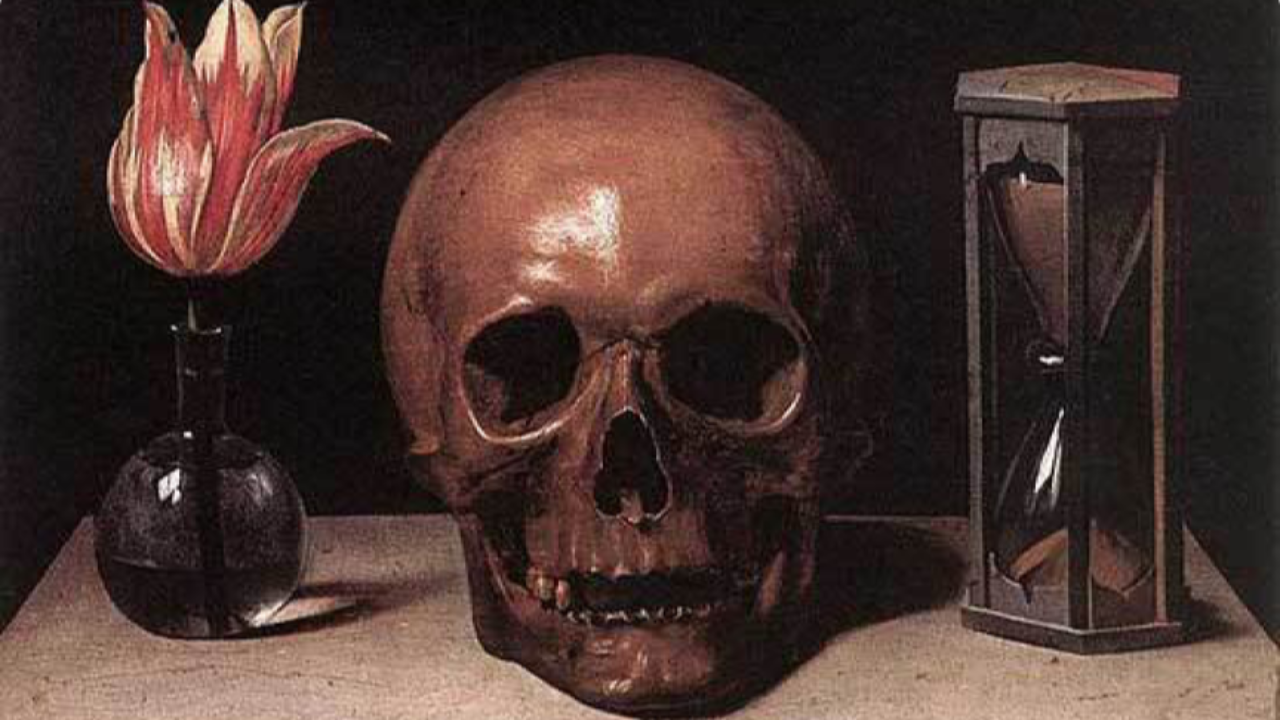Choosing The Best Death Doula Training Program
Aug 07, 2022
Choosing a death doula educational training program can be extremely daunting.
For those seeking to serve the dying and their loved ones, finding a dynamic, transformational, and “best fit” End-of-Life Doula (ELOD) program will take time, care, thoughtfulness, research, and an open heart.
A few suggestions before you invest in a Death Doula Training Program:
- Spend time researching a program to help you feel confident in your ability to learn, be supported, and fill your needs. Look at cost, time investment, philosophy, focus, instructors’ skills, and teaching styles. Compare and contrast programs!
- Consider how much time you are willing to invest into this training and understand the differences between the trainings being offered. You can find programs that are quick and will give you a broad-brush stroke of knowledge and then there are programs that are rigorously designed to prepare the student with the necessary skills and tools to begin a successful practice — inclusive of an internship, mentoring, clinical skills development, interpersonal skill practices, competencies, and proficiencies.
- Investigate the teaching platform (online, in-person, hybrid), duration, time commitment, curriculum, instructor's experience, and resources offered to students during and after the program. Speak to past students that have taken the training.
- Know your own motivation for taking a training—WHY, WHERE, WHEN, AND HOW you hope to use this training. It could be very personal, professional, or both.
Here is some insight into The HeartWay’s End-of-Life Practitioner Education Program:
The HeartWay offers an extensive educational curriculum designed to provide a historical, ethical, mythological, psychological, religious/spiritual, and clinical understanding of end-of-life care. End-of-Life Practitioner (ELP) training utilizes several learning modalities including didactic and self-directed learning, inquiry, case reviews, oral and written examination, peer-to-peer learning and dialog, case study, and council practice, reflective practices, enhancing the awareness and importance of the inner life, and professional responsibility. Contributions from medicine, the humanities, and the social sciences are all found within the ELP education program. The ELP instruction seeks to prepare the participants with the knowledge, skills, and presence needed to address the practical, heuristic, psycho-social, and spiritual dimensions of dying. The End-of-Life Practitioner is trained to offer an approach to care that is compassion-focused and relationship-centered.
A journey to becoming an end-of-life practitioner is transformational. It is a deep journey within. It is a journey that discovers the healer, counselor, and advocate that lives within you. It is a path that not only requires knowledge and deep study, but also requires self-examination and the willingness to dive deep into beliefs, philosophy, and self-awareness. To know others, we must first know ourselves. Learning is not only an intellectual process but also a process that integrates the head and the heart. Hence, the student must not only study the materials, they must contemplate, process, experience, and digest.
No text on End-of-life practices will ever be complete, as words do not have the capacity to express the numinosity of death, dying, and beyond. Death penetrates the core of our existence and inspires our lives. This textbook can only hope to shed a little light, and in doing so, contribute to the development of the student’s ability to embrace life thru honoring death.
A comprehensive End-of-Life Practitioner education must include:
- Fundamental knowledge of the principles of End-of-Life Care and End-of-Life infrastructure
- Provide a practice of applying the principles and methods of end-of-life care
- The study of integrative clinical practices and skill development
- Self-Exploration
- Contemplation
An end-of-life practitioner graduate will be educated and able to provide advocacy, counseling, and end-of-life practices such as advocating, counseling, vigil, end-of-life rituals, in-home funerals, Yoga Nidra, and holding sacred spaces.
The beauty and challenge of becoming an end-of-life practitioner are that there is no diagram displaying all of the steps, processes, methods, and approaches to successes. Life is a mystery as well as death. However, spending the time, practice, research, understanding, and fine-tuning our skills and our compassion serves as our ability to support those at the end of life, their loved ones, and their caregivers.
My personal experience with writing The HeartWay’s End-of-Life Practitioner (ELP) training program took many years, too many hours to count, a deep dive into research, and much soul work. I owe a deep amount of my success to the clients that I have served over the past thirty-five years and their generosity in teaching me the path to love, compassion, support, and care. I am indebted to their undying imprint on my soul.
Please feel free to reach out with any further questions.
For more information, please see the training programs that we offer.
With love from my heart to yours,
Dr. Deerheart
Founder, End-of-Life Practitioner and Trainer

